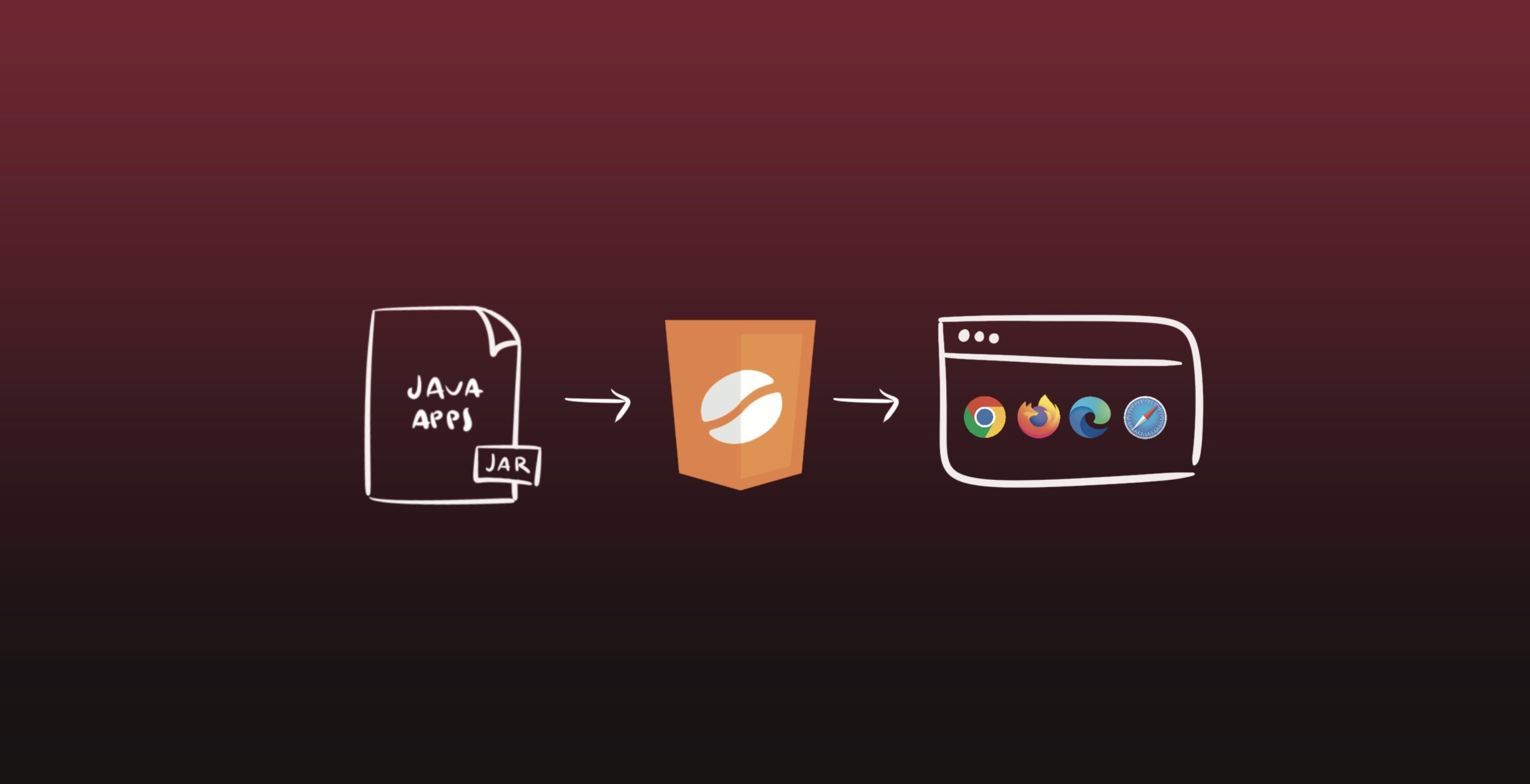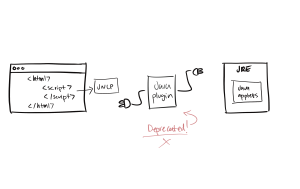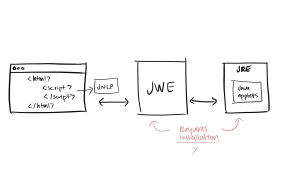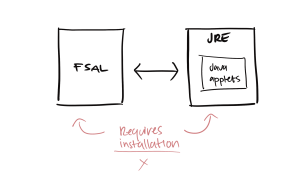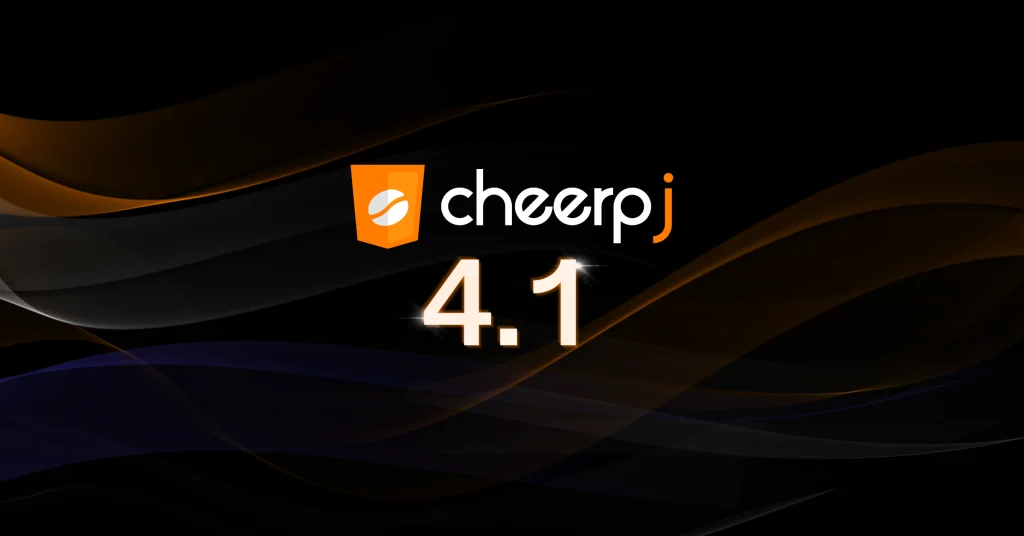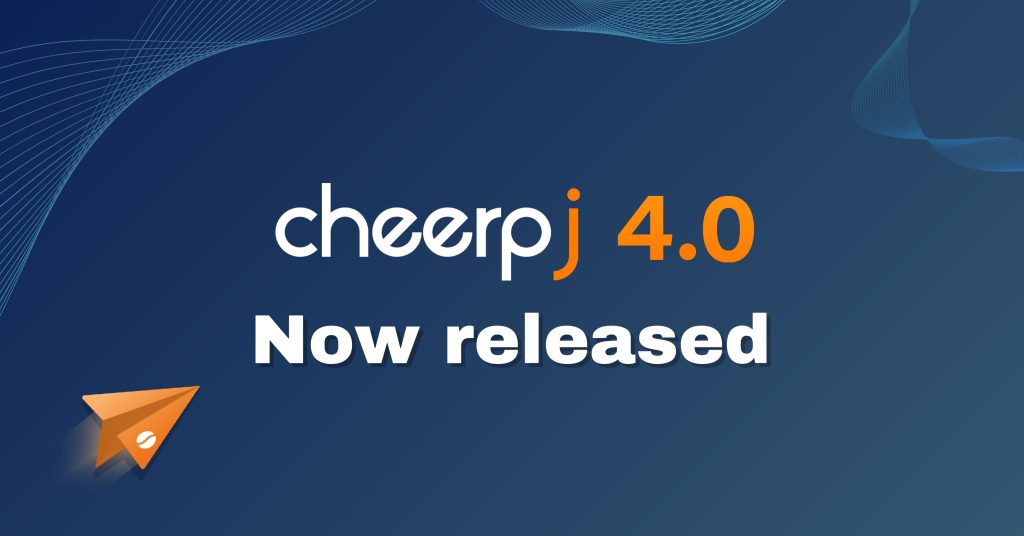As web technologies evolve, the need to modernise and simplify legacy applications becomes more apparent. One such technology is Oracle Forms, a powerful framework for building enterprise-level web applications. However, configuring Oracle Forms 10g or 11g for client-side usage has become increasingly difficult since the demise of Internet Explorer.
This is because these versions of Oracle Forms rely on either Java Applets or stand-alone, Java-based launchers, such as FSAL. The EOL of IE follows the trend of major browsers dropping the support for NPAPI, which is required for using the Java plugin, in favour of modern HTML5, due to security issues.
The disabling of IE creates a significant change in the workflow of enterprises that still need to preserve access to these Oracle Form applications
What is Oracle Forms?
Oracle Forms is a development framework that enables developers to create web-based applications by leveraging the power of Oracle databases. It provides a rich set of features and functionalities that can be utilized to build robust and scalable enterprise applications. While Oracle Forms has proven its reliability and effectiveness over the years, its client-side configuration can be challenging.
Traditional client configurations for Oracle Forms:
Applet Embedded in HTML
- Default configuration
- Requires Java Plugin and browser
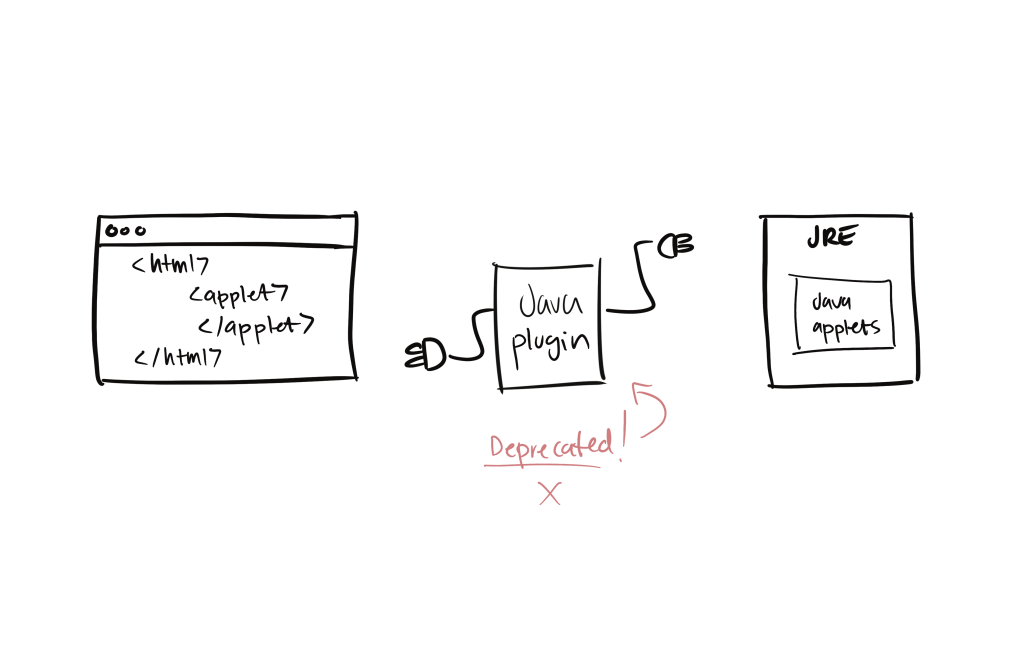
JNLP Embedded in HTML
- Requires Java Plugin and browser
- Base64 encodes JNLP code in client-side html source
Java Web Start
- Requires either JDK or Java Plugin (JRE) installation
Standalone (Forms Standalone Launcher)
- Requires either JDK or Java Plugin (JRE) installation
- Browser not required
Introducing CheerpJ
CheerpJ comes to the rescue as an innovative solution that addresses the challenges faced by Oracle Forms when configuring it for the client-side. CheerpJ is a powerful compiler that transforms Java applications, including Java Applets, into HTML5/JavaScript. This revolutionary technology enables Java applications, like Oracle Forms, to run seamlessly in modern browsers without the need for any plugins or additional configurations.
Simplifying Client-Side Configuration with CheerpJ
Seamless Browser Compatibility:
CheerpJ removes the need for Java Applets, allowing Oracle Forms applications to run efficiently on all modern browsers, regardless of whether they support Java or not. This ensures a consistent user experience across different platforms and devices, freeing organizations from the burden of maintaining multiple configurations to support various browser versions.
Enhanced Security:
By eliminating the need for Java plugins, CheerpJ significantly reduces security risks associated with running Java Applets. Running Java code directly in the browser’s JavaScript engine enhances application security, minimizing the potential for security breaches and vulnerabilities.
Effortless Deployment:
Deploying Oracle Forms applications with CheerpJ is a breeze. Simply convert the Java Applet code to JavaScript using CheerpJ and update the webserver to serve the transformed JavaScript files. No additional plugins or configurations are needed client-side, making the deployment process simple and efficient.
Cost-Effective Solution:
Migrating Oracle Forms to CheerpJ eliminates the need to maintain legacy Java Applet configurations, reducing the cost and effort involved in managing and updating the client-side of the application. This cost-effectiveness makes it an attractive option for organizations looking to modernize their Oracle Forms applications without breaking the bank.
CheerpJ offers a game-changing solution for simplifying the client-side configuration of Oracle Forms. By eliminating the reliance on Java Applets and converting Java bytecode to optimized JavaScript, CheerpJ ensures seamless browser compatibility, improved security, enhanced performance, and effortless deployment. Organizations can embrace this technology to modernize their Oracle Forms applications, making them more accessible, user-friendly, and future-proof in the fast-paced world of web development.

